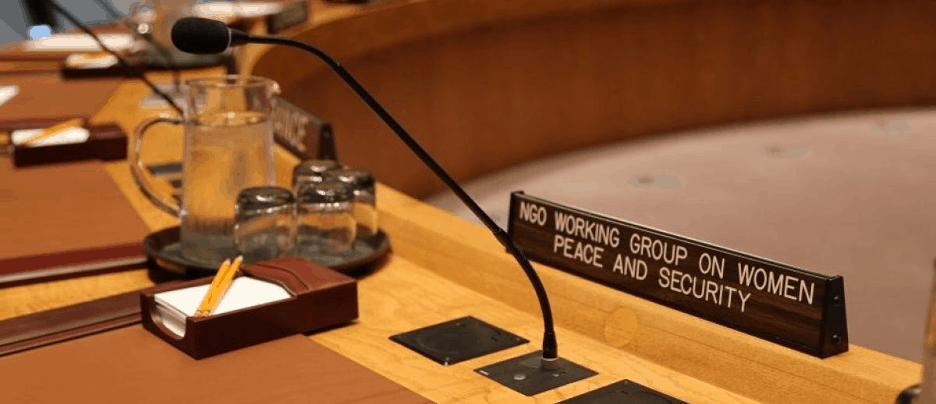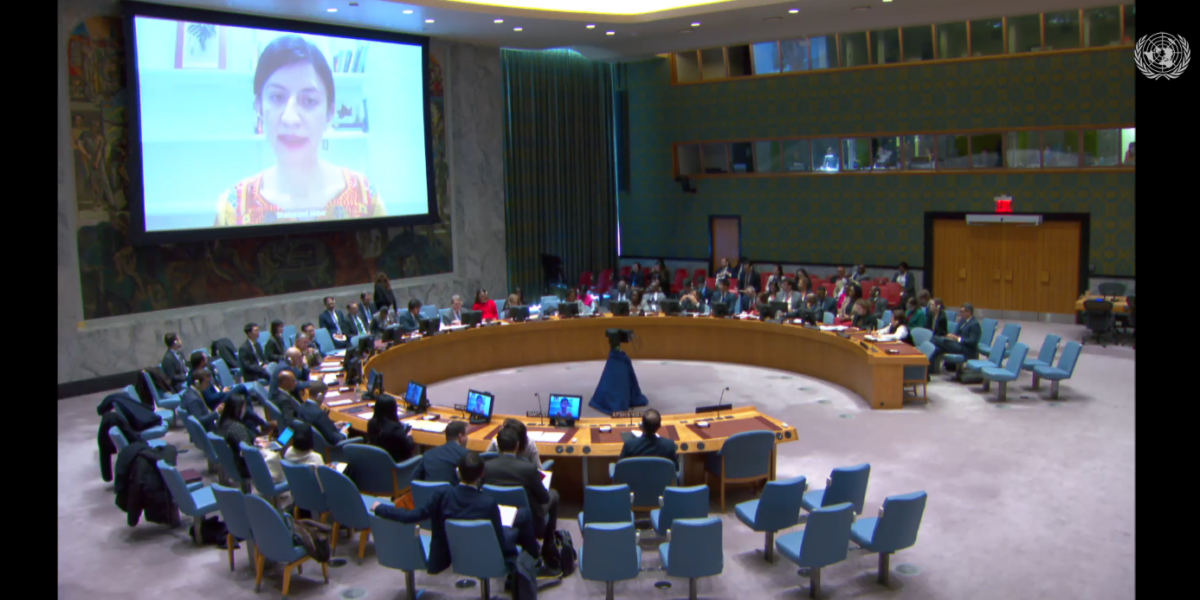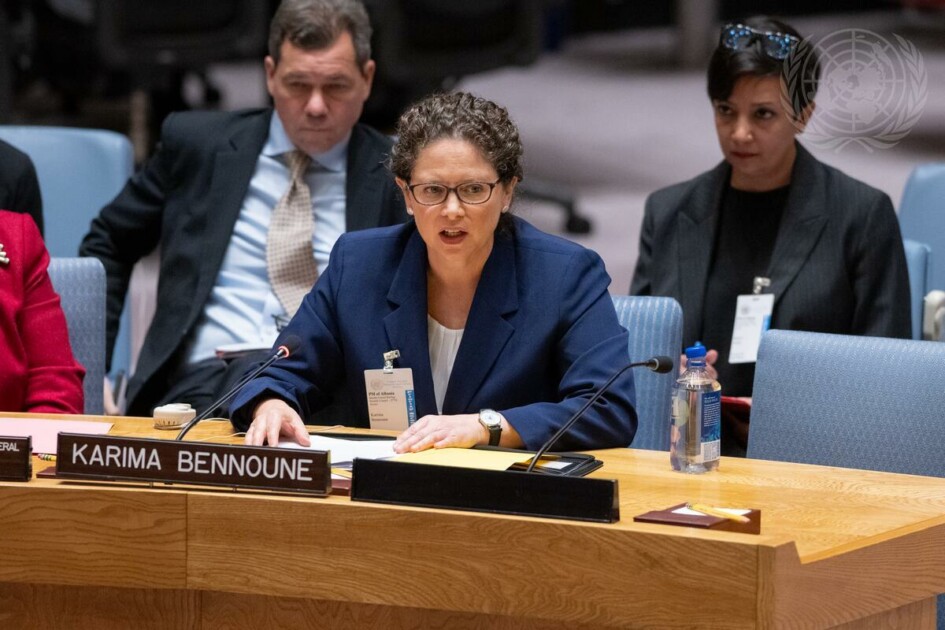Afghanistan
Afghanistan
Afghanistan has been engulfed in violent armed conflict since the fall of the Taliban regime in 2001, and efforts to build sustainable peace while preventing the re-establishment of extremist rule depend on the inclusion of women.
Living in the most dangerous place in the world to be a woman, as the Thomas Reuters Foundation revealed in 2011, Afghani women have emerged as leaders in the peace process— advocating constantly for more inclusive government, and inspiring marginalized groups nationwide to demand a place in the political system. Despite the important role that Afghani women play in bringing about social change in Afghanistan, many barriers to their involvement still exist.
Based on the work of NGOWG members and their partners, the NGOWG advocates for eliminating these barriers by encouraging UNAMA to support the Afghan government in fully implementing the National Action Plan on Women, Peace and Security (NAP), and ensuring women’s full and equal participation in regularly held elections.
Current and Past Recommendations to the UN Security Council (Monthly Action Points)
The forthcoming UNAMA report and mandate renewal come at a time of particular importance for Afghan women. The Council previously mandated UNAMA to coordinate efforts to ensure the full enjoyment by women of their human rights (SCR 1868, OP4g; OP8); stressed implementation of its resolutions on women, peace and security; and requested information on the integration of women into the political, economic and social life of Afghanistan (OP29). Despite this, Afghan women report widespread, ongoing violations of their rights and have voiced serious alarm about any peace talks with the Taliban, fearing their rights will be traded away or further compromised. In addition to ensuring it receives a comprehensive report on the women, peace and security situation in Afghanistan, the Council should:
- Consider hearing directly from a woman human rights defender at the open debate on the situation in Afghanistan;
- Demand that women are meaningfully represented in peace processes and their security ensured, as recommended by Afghan women leaders on the margins of the London Conference on Afghanistan in January;
- Demand the repeal of the National Reconciliation, General Amnesty and National Stability bill (published in the official gazette December 2009), which provides a blanket amnesty for those involved in past and present hostilities in Afghanistan.
The forthcoming UNAMA report and mandate renewal come at a time of particular importance for Afghan women. The Council previously mandated UNAMA to coordinate efforts to ensure the full enjoyment by women of their human rights (SCR 1868, OP4g; OP8); stressed implementation of its resolutions on women, peace and security; and requested information on the integration of women into the political, economic and social life of Afghanistan (OP29). Despite this, Afghan women report widespread, ongoing violations of their rights and have voiced serious alarm about any peace talks with the Taliban, fearing their rights will be traded away or further compromised. In addition to ensuring it receives a comprehensive report on the women, peace and security situation in Afghanistan, the Council should:
- Consider hearing directly from a woman human rights defender at the open debate on the situation in Afghanistan;
- Demand that women are meaningfully represented in peace processes and their security ensured, as recommended by Afghan women leaders on the margins of the London Conference on Afghanistan in January;
- Demand the repeal of the National Reconciliation, General Amnesty and National Stability bill (published in the official gazette December 2009), which provides a blanket amnesty for those involved in past and present hostilities in Afghanistan.
Relevant Resources










